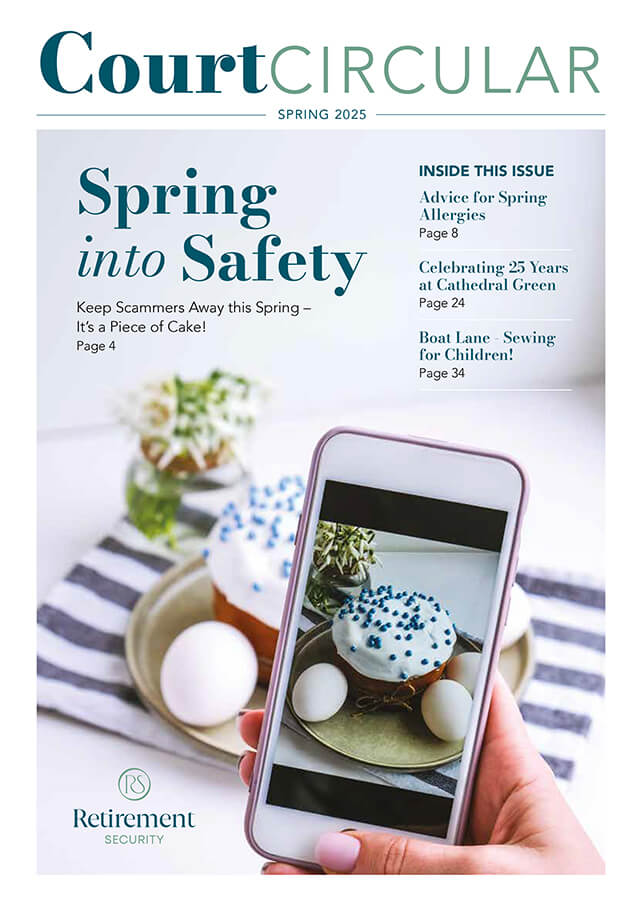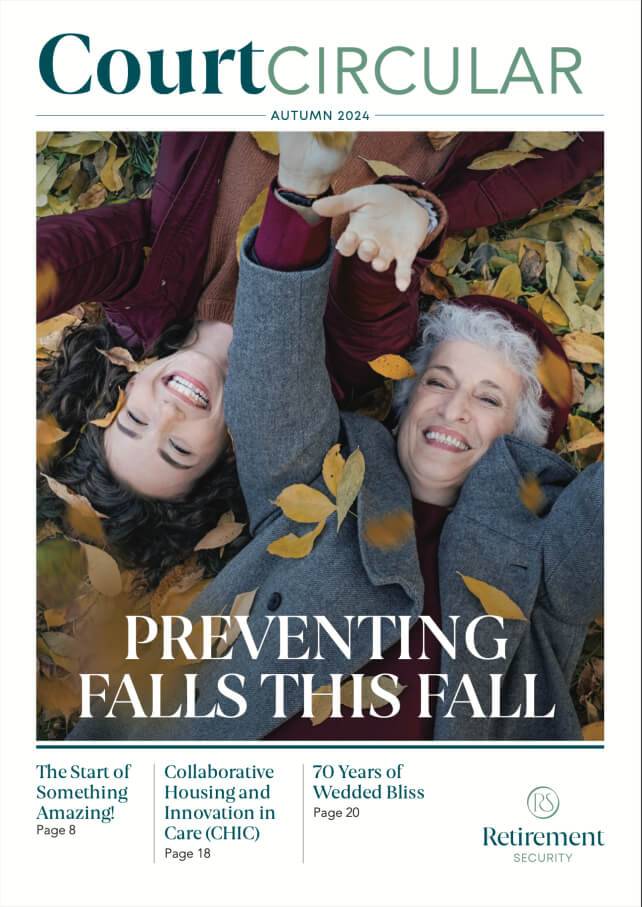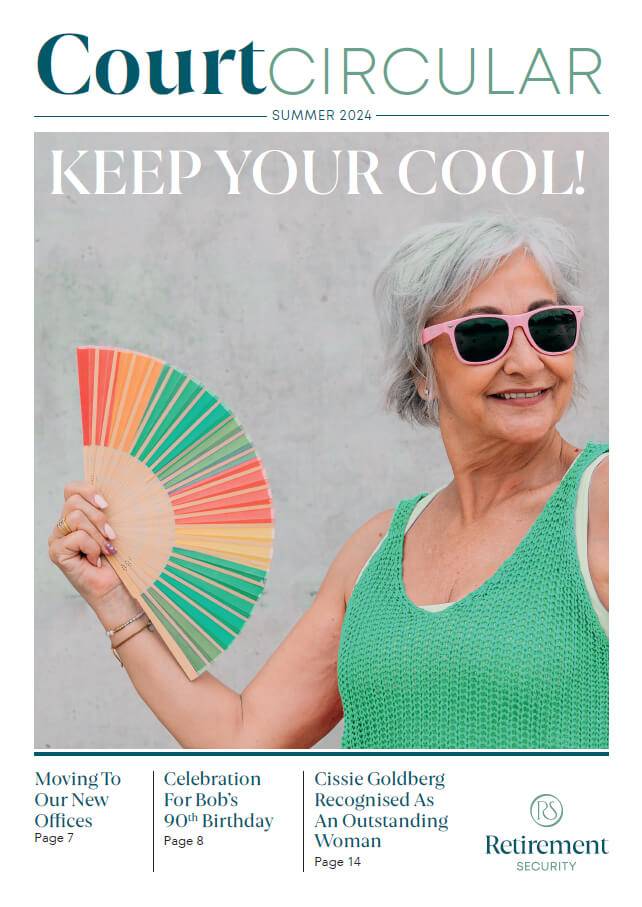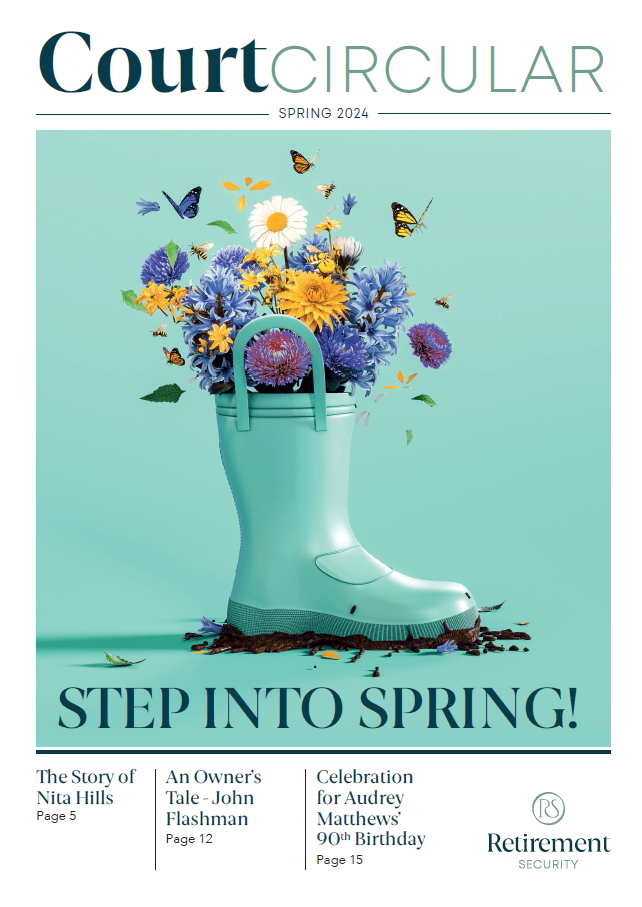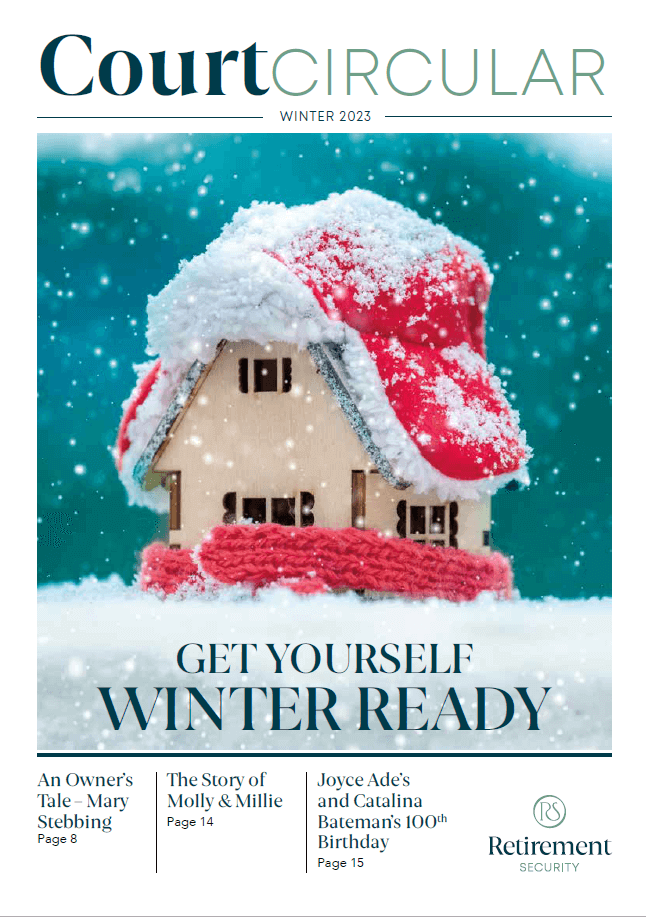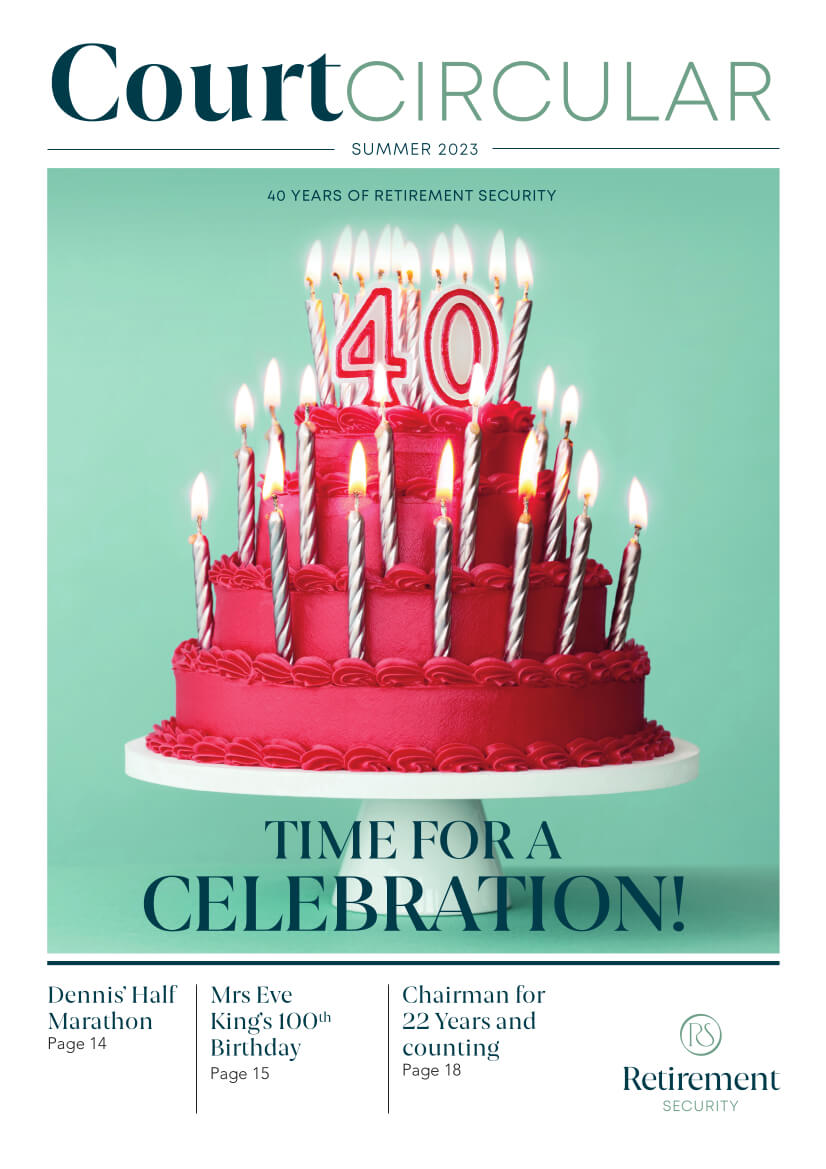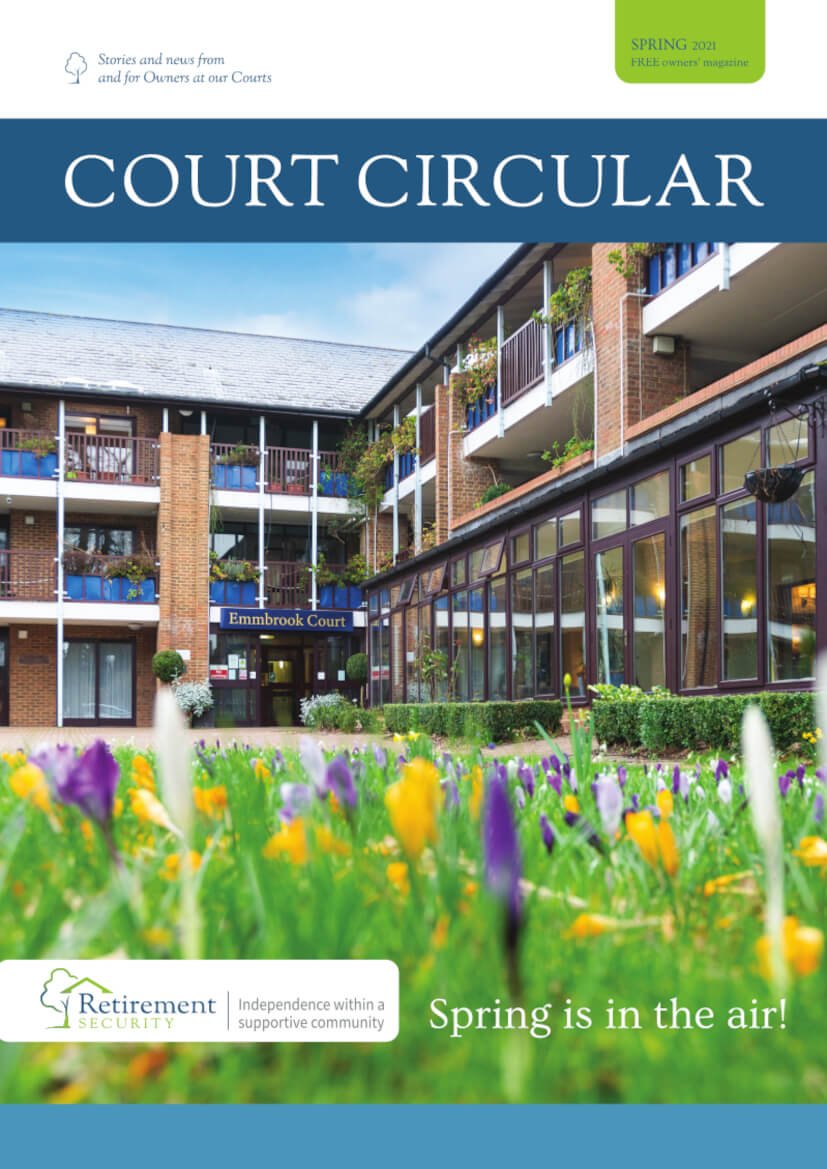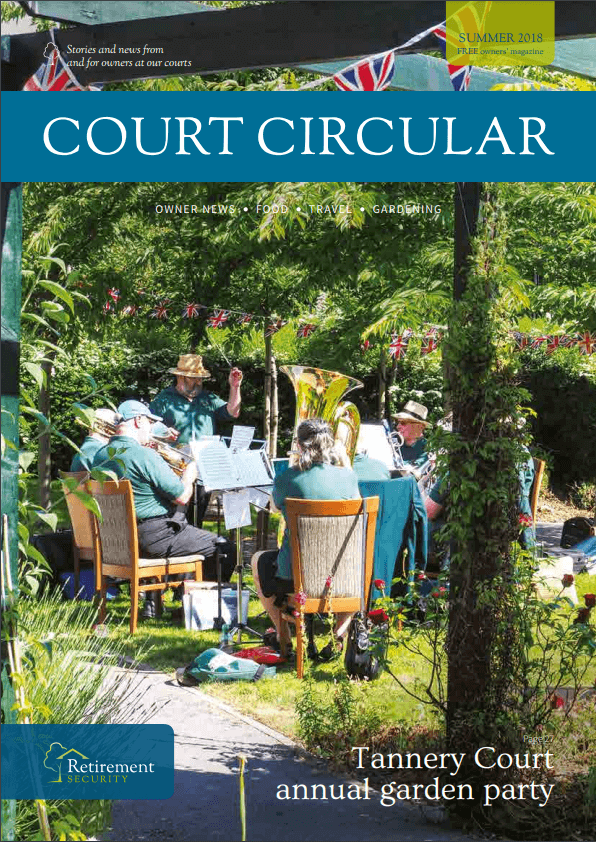Your Wellbeing & Welfare – Attendance Allowance

If you have an illness or disability, claiming Attendance Allowance may lead to a significant increase in your weekly income, making it easier for you to acquire the help and support you may need.
What is Attendance Allowance?
Attendance Allowance (AA) is a benefit for people over state pension age who need help with personal care or supervision, or someone to watch over them, because of physical or mental disability.
Entitlement is based on the help you could reasonably do with, not any help you actually receive. You can spend it on whatever you want, but it can be taken into account for the social care means-test.
AA is not taxable, is not based on national insurance contributions, and is not means-tested, so you do not have to give details of your income or savings. It is paid on top of other benefits or pensions. If you receive AA, you may also qualify for, or receive more of, other benefits.
Who qualifies for Attendance Allowance?
To qualify for AA, you must fulfil all of the following conditions:
- have reached state pension age
- satisfy one of the disability tests
- and have done so for six months
- not be subject to immigration control and be habitually resident
- the UK is your competent state for paying sickness benefits.
Conditions of entitlement:
The disability tests
You can claim AA if you need help with personal care, supervision, or watching over because of physical or mental disability. It does not matter if you live alone, with other people, or have a carer. It does not matter whether you actually get any help. What matters is that you reasonably require help. There are daytime and nighttime conditions which are explained below.
Daytime:
The rules say you must reasonably require either frequent attention throughout the day in connection with your bodily functions, or continual supervision to avoid substantial danger to yourself or others.
Night-time:
You must show you require either prolonged or repeated attention, or require another person to be awake for a prolonged period or at frequent intervals to watch over you to avoid danger to yourself or others.
Rates:
- You will receive lower rate AA (£68.10 per week) if you fulfill either the day or night conditions.
- You will receive higher rate AA (£101.75 per week) if you fulfill both day and night conditions.
Daytime Disability Conditions
You may meet the daytime ‘attention’ conditions if, because of your disability or health condition, you require physical or verbal help with your ‘bodily functions’ such as:
- Breathing
- Eating
- Drinking
- Getting in or out of bed
- Going to the toilet
- Washing
- Dressing
- Sleeping
- Communicating
- Hobbies and pastimes
- Taking medication
Think about the help you need during the day, not just in the morning and bedtime. Seeing and hearing are bodily functions. For example, if you are visually impaired and need someone to read your post to you, or you are deaf and need help with communicating. Walking is a bodily function so needs arising from mobility problems count, but only at home or when visiting others or attending social activities; for example, help getting in and out of a car, using a walking frame or wheelchair, or storing them after use. You may meet the condition if you need someone with you when attending treatment at hospital (renal dialysis, physiotherapy, chemotherapy). You may qualify if you need continual supervision to avoid the risk of danger to yourself or others. Continual does not mean nonstop so breaks of an hour or so are fine. This might be if you are at risk of falls, getting confused, having fits or seizures, or if your condition deteriorates or relapses without much warning.
Night-time Disability Conditions
You may meet the nighttime conditions if you require attention for a ‘prolonged’ period (one spell of at least 20 minutes) or ‘repeatedly’ (two or more shorter spells) during the night. This might be for difficulties going to the toilet, getting in and out of bed, or moving in bed. You may need someone being awake to ‘watch over you’ for a prolonged period (20 minutes or more) or at frequent intervals (generally at least three times a night) to avoid the risk of danger e.g. from falls or wandering.
Making a Claim
You can claim AA by:
- Calling the AA Helpline (0800 731 0122) to request a claim form.
- Downloading a claim form at www.gov.uk/attendance-allowance/how-to-claim
Your services manager is available to provide you with any advice or support you may need to make your application.

If you have an illness or disability, claiming Attendance Allowance may lead to a significant increase in your weekly income, making it easier for you to acquire the help and support you may need.
What is Attendance Allowance?
Attendance Allowance (AA) is a benefit for people over state pension age who need help with personal care or supervision, or someone to watch over them, because of physical or mental disability.
Entitlement is based on the help you could reasonably do with, not any help you actually receive. You can spend it on whatever you want, but it can be taken into account for the social care means-test.
AA is not taxable, is not based on national insurance contributions, and is not means-tested, so you do not have to give details of your income or savings. It is paid on top of other benefits or pensions. If you receive AA, you may also qualify for, or receive more of, other benefits.
Who qualifies for Attendance Allowance?
To qualify for AA, you must fulfil all of the following conditions:
- have reached state pension age
- satisfy one of the disability tests
- and have done so for six months
- not be subject to immigration control and be habitually resident
- the UK is your competent state for paying sickness benefits.
Conditions of entitlement:
The disability tests
You can claim AA if you need help with personal care, supervision, or watching over because of physical or mental disability. It does not matter if you live alone, with other people, or have a carer. It does not matter whether you actually get any help. What matters is that you reasonably require help. There are daytime and nighttime conditions which are explained below.
Daytime:
The rules say you must reasonably require either frequent attention throughout the day in connection with your bodily functions, or continual supervision to avoid substantial danger to yourself or others.
Night-time:
You must show you require either prolonged or repeated attention, or require another person to be awake for a prolonged period or at frequent intervals to watch over you to avoid danger to yourself or others.
Rates:
- You will receive lower rate AA (£68.10 per week) if you fulfill either the day or night conditions.
- You will receive higher rate AA (£101.75 per week) if you fulfill both day and night conditions.
Daytime Disability Conditions
You may meet the daytime ‘attention’ conditions if, because of your disability or health condition, you require physical or verbal help with your ‘bodily functions’ such as:
- Breathing
- Eating
- Drinking
- Getting in or out of bed
- Going to the toilet
- Washing
- Dressing
- Sleeping
- Communicating
- Hobbies and pastimes
- Taking medication
Think about the help you need during the day, not just in the morning and bedtime. Seeing and hearing are bodily functions. For example, if you are visually impaired and need someone to read your post to you, or you are deaf and need help with communicating. Walking is a bodily function so needs arising from mobility problems count, but only at home or when visiting others or attending social activities; for example, help getting in and out of a car, using a walking frame or wheelchair, or storing them after use. You may meet the condition if you need someone with you when attending treatment at hospital (renal dialysis, physiotherapy, chemotherapy). You may qualify if you need continual supervision to avoid the risk of danger to yourself or others. Continual does not mean nonstop so breaks of an hour or so are fine. This might be if you are at risk of falls, getting confused, having fits or seizures, or if your condition deteriorates or relapses without much warning.
Night-time Disability Conditions
You may meet the nighttime conditions if you require attention for a ‘prolonged’ period (one spell of at least 20 minutes) or ‘repeatedly’ (two or more shorter spells) during the night. This might be for difficulties going to the toilet, getting in and out of bed, or moving in bed. You may need someone being awake to ‘watch over you’ for a prolonged period (20 minutes or more) or at frequent intervals (generally at least three times a night) to avoid the risk of danger e.g. from falls or wandering.
Making a Claim
You can claim AA by:
- Calling the AA Helpline (0800 731 0122) to request a claim form.
- Downloading a claim form at www.gov.uk/attendance-allowance/how-to-claim
Your services manager is available to provide you with any advice or support you may need to make your application.


